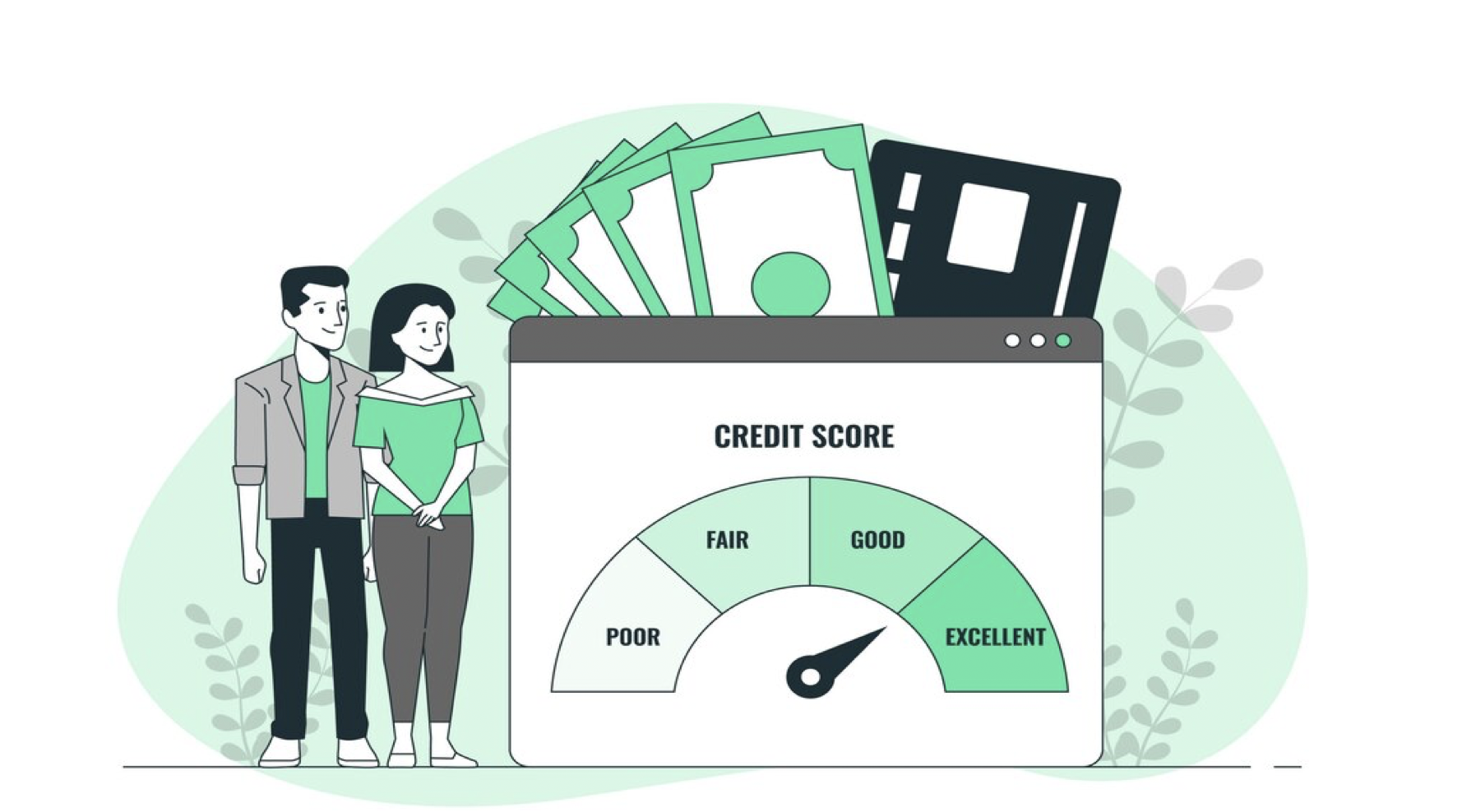When obtaining a loan, borrowers often come across the term “loan origination fee.” This fee is a crucial component of the borrowing process, impacting the overall cost of the loan. In this comprehensive guide, we will delve into what a loan origination fee entails, how it works, and its significance for borrowers seeking financial assistance.
Unravelling the Concept of Loan Origination Fees
What is a Loan Origination Fee?
A loan origination fee is a one-time charge imposed by lenders to cover the cost of processing a new loan application. This fee is typically expressed as a percentage of the total loan amount and is deducted from the loan proceeds before the funds are disbursed to the borrower. Loan origination fees are common across various types of loans, including personal loans, mortgages, and auto loans.
Also Read: Trade Finance: What It Is, How It Works, Benefits
How Does a Loan Origination Fee Work?
When a borrower applies for a loan, the lender incurs expenses related to processing the application, conducting credit checks, verifying financial information, and preparing the necessary documentation. The loan origination fee is designed to offset these administrative costs and ensure that the lender is compensated for the time and resources invested in originating the loan.
Understanding Personal Loan Origination Fees
In the context of personal loans, the origination fee is a standard practice among many lenders. This fee is typically calculated as a percentage of the total loan amount, ranging from 1% to 8% or more, depending on the lender and the specific terms of the loan agreement. Borrowers should carefully review the loan terms to understand the origination fee’s impact on the total cost of borrowing. If you are planning to get a personal loan from Airtel Finance then the good news is that their eligibility criteria is pretty simple and their processing fees range between 2-4% only. Just download the Airtel Thanks App and get a loan within 24 hours.
Also Read: Trade Credit: What It Is, How It Works

Exploring the Implications of Loan Origination Fees
Impact on Borrowers
Loan origination fees can significantly affect the overall cost of borrowing for borrowers. By deducting this fee from the loan amount upfront, borrowers receive a reduced sum compared to the loan amount requested, leading to higher out-of-pocket expenses.
Comparison Across Lenders
When evaluating loan offers from different lenders, borrowers should pay close attention to the origination fees charged. While one lender may offer a lower interest rate, a higher origination fee could offset the savings, making it essential to consider both factors when selecting a loan provider.
Inclusion in Loan Terms
Loan origination fees are typically disclosed in the loan agreement and Truth in Lending Act (TILA) disclosure provided to borrowers. It is crucial for borrowers to review these documents carefully to understand the specific origination fee charged and its impact on the overall loan cost.
Also Read: How to get a fast cash personal loan without a credit check
Frequently Asked Questions
1. Are loan origination fees negotiable with lenders?
Loan origination fees are often non-negotiable, as they are predetermined by the lender based on the loan amount and the associated processing costs. However, borrowers can inquire about fee waivers or reductions in certain circumstances.
2. Do all lenders charge loan origination fees?
Not all lenders charge loan origination fees, as fee structures may vary across lenders and loan products. Some lenders may offer loans with no origination fees but may compensate for this by adjusting other terms, such as interest rates.
3. Can loan origination fees be financed as part of the loan amount?
In some cases, lenders may allow borrowers to finance the origination fee as part of the loan amount, resulting in a higher principal balance. Borrowers should inquire about this option and consider the implications of including the fee in the loan amount.
4. How does the origination fee impact the Annual Percentage Rate (APR) of a loan?
The origination fee is factored into the APR calculation, which reflects the total cost of borrowing, including interest and fees. A higher origination fee can contribute to a higher APR, affecting the overall affordability of the loan.
5. Are loan origination fees tax-deductible for borrowers?
In most cases, loan origination fees are not tax-deductible for individual borrowers. However, borrowers should consult with a tax professional to determine if any exceptions apply based on their specific circumstances.
By understanding the nuances of loan origination fees and their implications, borrowers can make informed decisions when navigating the borrowing process. Being aware of how origination fees work and their impact on the total cost of borrowing can help borrowers assess loan offers effectively and select the most suitable financing option for their financial needs.


 Get App
Get App  Airtel Store
Airtel Store  Login
Login 


